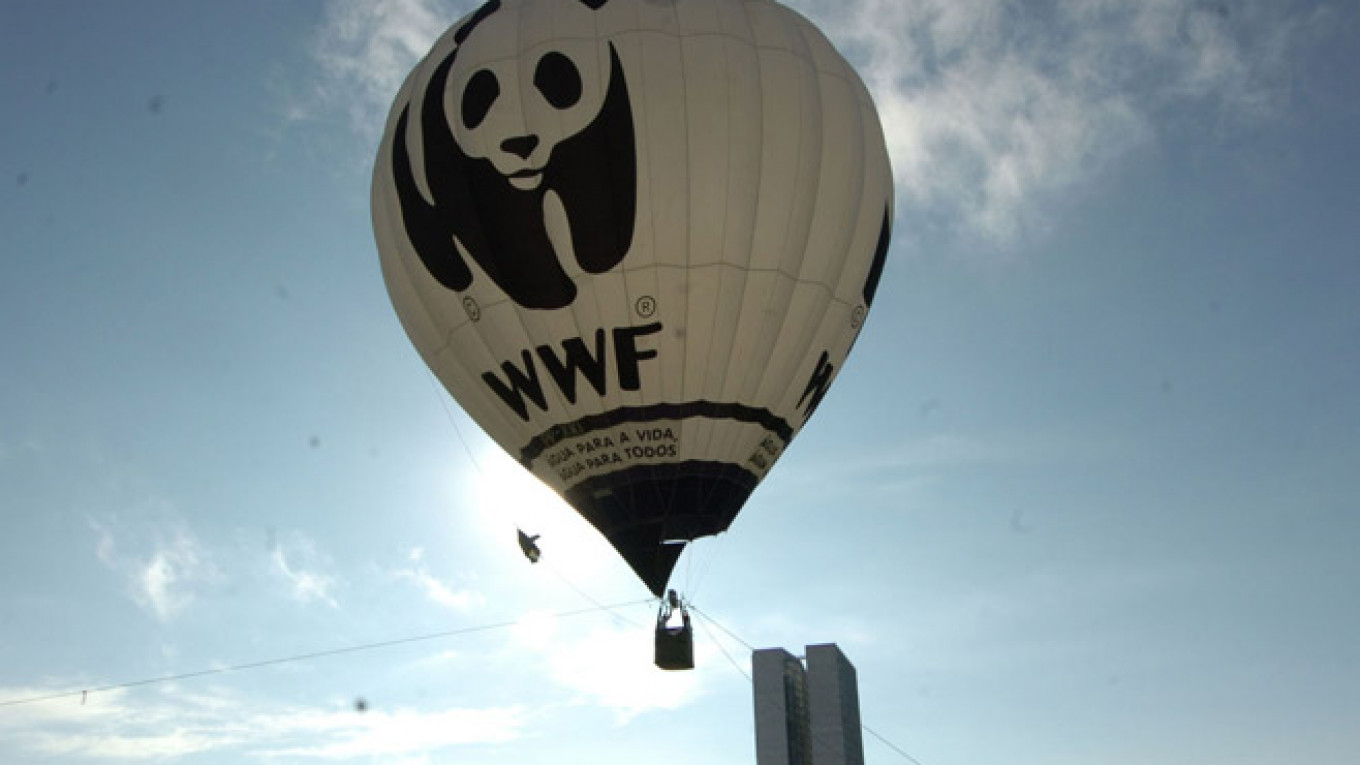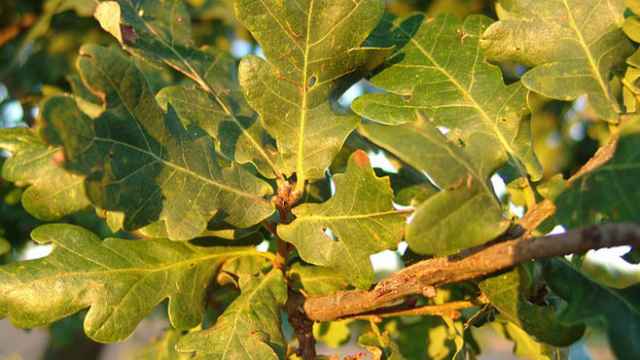Russia is the only country among the world's biggest economies whose biological resources not only exceed its environmental footprint but are continuing to grow, a new study said.
WWF Russia on Monday presented a report on Russia's biocapacity, or the capability of its ecosystems to produce resources useful for humans. Biocapacity factors in agricultural land, rangeland and forests, and it is measured in global hectares.
The study, based on 2009 data — the latest worldwide figures available — put Russia's total biocapacity at 941 million global hectares.
This amounts to 6.6 global hectares per capita, compared with 4.0 global hectares per capita for the country's eco-footprint, the amount of land needed to generate the resources consumed.
The Soviet Union was in the environmental red in its final decades, with its eco-footprint exceeding biocapacity.
But things have changed for Russia after its downfall, the study said. Russia lost much of the population to newly independent states and industrial output plummeted, but bio-resource losses were relatively little.
Russia's biocapacity has been hovering between 6.0 and 6.6 global hectares in the past two decades, with a slight upward trend. Its environmental footprint fell to 3.2 global hectares in 1998 and has been rising ever since.
Earth's total biocapacity was estimated at 12 billion hectares in 2009, and humanity's combined eco-footprint at 17.6 billion hectares, with carbon emissions and agriculture the main offenders.
This means humanity currently needs 1.5 Earths to sustain the current level of consumption.
Russia consumes more than the world's average: If every person on the planet consumed as many resources as an average Russian, humanity would need 2.5 Earths to sustain it.
Russia is also the only member of G8 group of economies whose biocapacity is on the uptick, the report said.
The G8 comprises Britain, Canada, France, Germany, Italy, Japan, the United States and the EU. Russia's membership in the informal group was suspended following its annexation of Ukraine's Crimea in March, but not canceled.
Contact the author at [email protected]
A Message from The Moscow Times:
Dear readers,
We are facing unprecedented challenges. Russia's Prosecutor General's Office has designated The Moscow Times as an "undesirable" organization, criminalizing our work and putting our staff at risk of prosecution. This follows our earlier unjust labeling as a "foreign agent."
These actions are direct attempts to silence independent journalism in Russia. The authorities claim our work "discredits the decisions of the Russian leadership." We see things differently: we strive to provide accurate, unbiased reporting on Russia.
We, the journalists of The Moscow Times, refuse to be silenced. But to continue our work, we need your help.
Your support, no matter how small, makes a world of difference. If you can, please support us monthly starting from just $2. It's quick to set up, and every contribution makes a significant impact.
By supporting The Moscow Times, you're defending open, independent journalism in the face of repression. Thank you for standing with us.
Remind me later.







